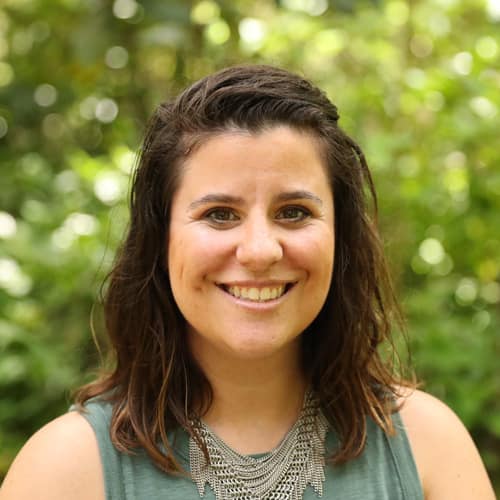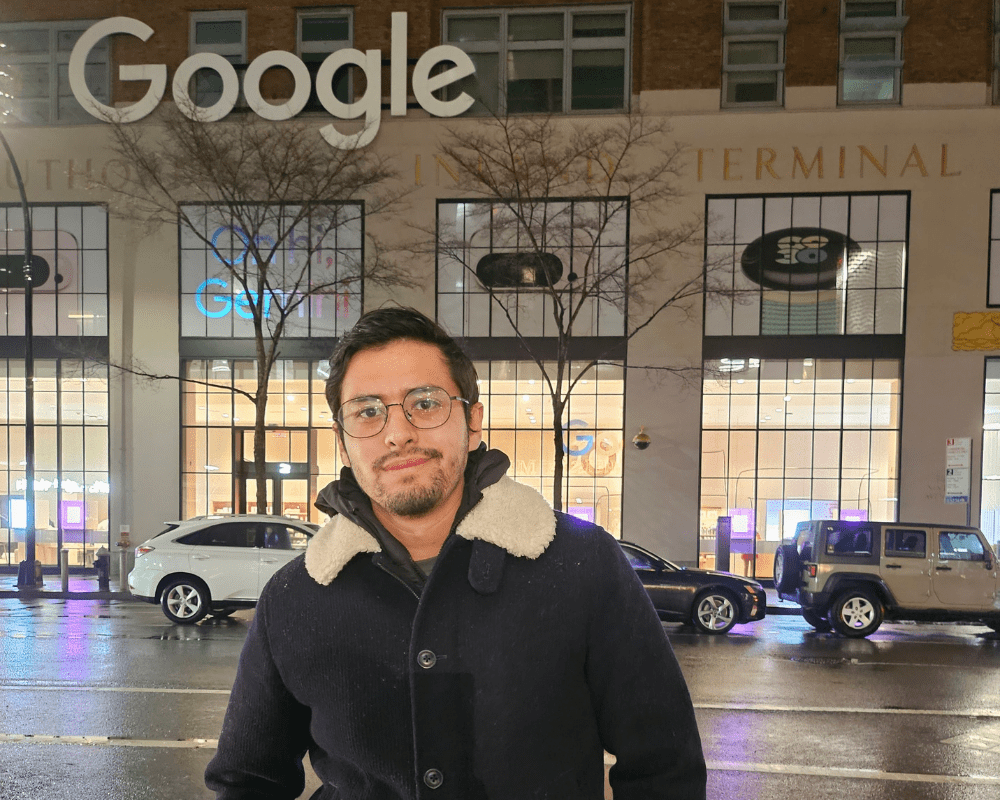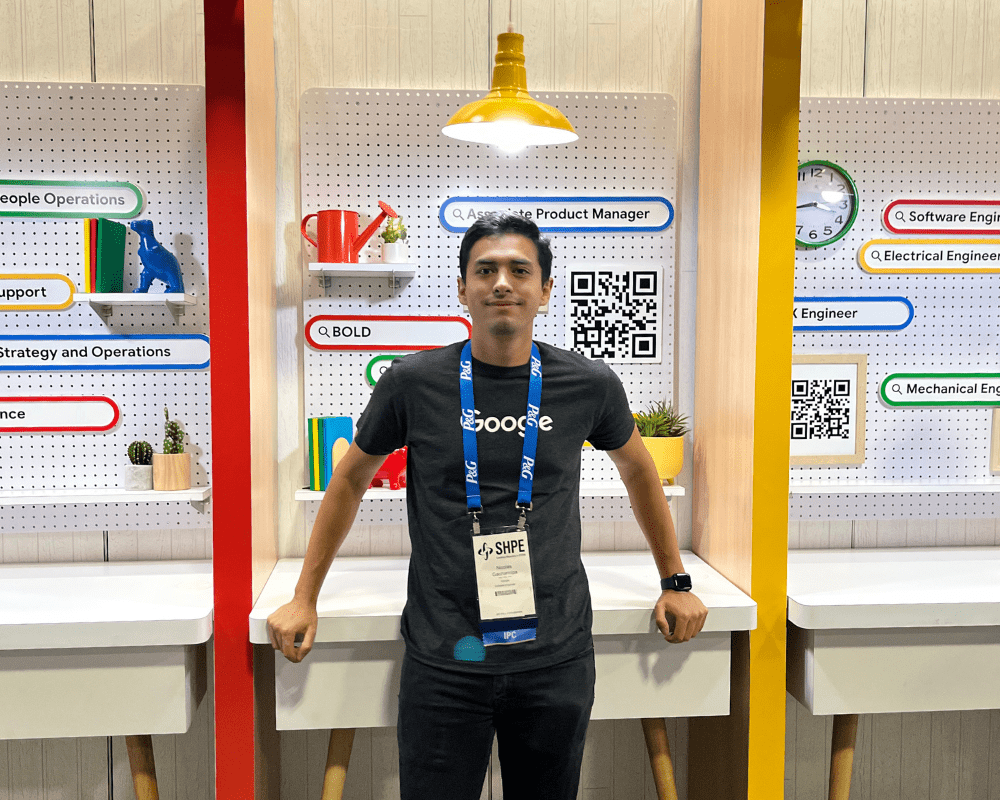

From Embry-Riddle to Google AI: A Journey of Innovation and Impact

Nicolas Gachancipa’s (’21) curiosity for technology and space began in Bogotá, Colombia, where he was born and raised. Introduced to Embry-Riddle by a friend, he was drawn to the university’s renowned engineering programs and strong reputation in aviation and technology. Today, he is part of Google’s AI Research team, specializing in AI development for Google Hardware, particularly Pixel phones.
A Career in AI and Machine Learning
At Google, Nicolas focuses on developing and deploying machine learning models in hardware devices. His daily work involves coding, researching and analyzing extensive datasets to improve AI performance. Collaboration is key in his role, as he works with teams from New York, California and Taiwan, including Google Silicon and DeepMind. Beyond his technical contributions, he is actively involved in HOLA — an employee resource group for Hispanics at Google — where he helps organize social, volunteer and career development events.
The Embry-Riddle Experience
Reflecting on his time at Embry-Riddle, Nicolas credits the university for equipping him with the technical skills and strong work ethic that have propelled his career. The rigorous academic environment helped him develop perseverance and discipline, qualities that have proven invaluable in his field.
His research experience played a significant role in shaping his professional path. During his sophomore year, he joined Associate Professor Dr. Kshitija Deshpande’s physics team, where he enhanced his coding skills by developing machine learning algorithms for atmospheric physics data analysis.
He later worked on a Computational Mathematics Capstone Project with Associate Professor of Physics Dr. Mihhail Berezovski and researchers from the Pacific Northwest National Laboratory (PNNL) to create a computational model for detecting radioactive sources in urban environments. These early research experiences fueled his passion for AI and data science, setting the foundation for his future work at Google.


A Career at the Forefront of AI
Throughout his career, Nicolas has contributed to several impactful projects. During his time at Airbus, he worked on a CAD program for aircraft design, an experience that took him to England for a year. At Google, he initially focused on improving communication products like Google Meet and Voice, working on features such as security enhancements and spam detection. Today, he is thrilled to be part of a team that is shaping the future of AI and its applications in consumer technology.
“The fast advancements in artificial intelligence are reshaping our society and how we interact with the digital world,” Nicolas shares. “It’s an exciting time to be in this field, but it also requires continuous learning and adaptability.”
Advice for Future Engineers and Tech Enthusiasts
Nicolas encourages current Embry-Riddle students to embrace challenges. “It’s the best way to grow, both personally and professionally. Take advantage of the great resources and faculty and always be open to learning new things.”
Looking ahead, Nicolas is eager to continue contributing to AI research at Google while completing his master's degree. With a commitment to lifelong learning and innovation, Nicolas is set to make an even greater impact in the ever-evolving world of technology.
Related Stories
 Forensic Psychology Student Sheds Light on Native American Cold Case Crisis
Forensic Psychology Student Sheds Light on Native American Cold Case CrisisEmbry-Riddle student Narayt Salcido recently attended the National Conference on Undergraduate Research to share her findings on the Missing and Murdered Indigenous People crisis.
 Reaching for the Stars
Reaching for the StarsBachelor of Science in Astronomy alumna Katie Casciotti reflects on her academic career at Embry-Riddle Prescott and boldly pursues her future.
 Astronomy Team Continues Quest to Uncover the Mystery of a Rare Star Class
Astronomy Team Continues Quest to Uncover the Mystery of a Rare Star ClassA student-powered study casts new light on the causes of a rare star’s evolutionary mystery.




